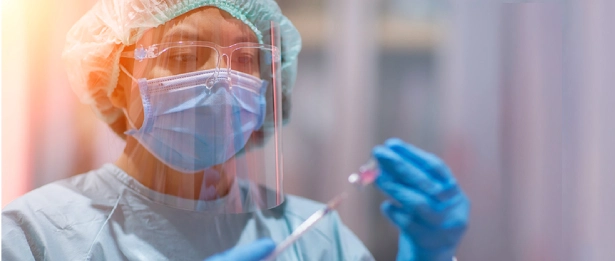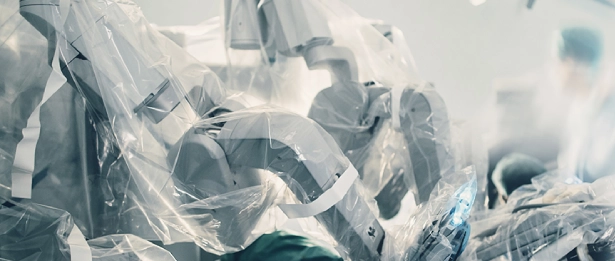Microbiology

Last Update Date: 4/16/2024 12:23:46 AM
What is Microbiology?
Microbiology is a branch of science that studies microorganisms (microbes) that can be observed under a microscope. Microorganisms are creatures that are usually too small to be seen with the naked eye and include various groups such as bacteria, viruses, fungi, protozoa and algae. Microbiology is a discipline that studies the structure, function, genetic structure, ecology, evolution, effects of these microorganisms on diseases and the interactions of these microorganisms with humans, other organisms and the environment.
Which Diseases Does Microbiology Treat
Microbiology is a branch of science that studies the structure, function, genetic structure, ecology and interactions of microorganisms (such as bacteria, viruses, fungi, protozoa and parasites) in general. Therefore, microbiology conducts a wide range of studies covering many different types of diseases.
Here are the disease areas that microbiology usually focuses on:
Bacterial Diseases:
- Pneumonia
- Meningitis
- Tuberculosis
- Salmonella poisoning
- Gonorrhea
- Shigella infections
- Streptococcal infections
Viral Diseases:
- Influenza (flu)
- HIV/AIDS
- Hepatitis (for example, hepatitis B and C)
- Herpes infections
- Dengue fever
- COVID-19 (SARS-CoV-2)
- Diseases associated with viruses such as measles, mumps, rubella
Fungal Diseases:
- Candida infections (fungal infections)
- Aspergillosis infection
- Candidiasis (fungal infections in the mouth, genital areas)
Protozoan Diseases:
- Malaria
- Trypanosomiasis (African sleeping sickness)
- Toxoplasma gondii infections
- Giardiasis (intestinal infection)
- Parasitic Diseases:
- Pinworm infections
- Schistosomiasis (bilharziasis)
- Trichinosis (Infection with trichinella spiralis)
Antibiotic Resistance and Hospital Infections:
- Bacteria that develop resistance to antibiotics and the management of this resistance
- Hospital-acquired infections
Food Microbiology:
Infections and poisonings caused by microorganisms from food
Environmental Microbiology:
Analysis of microorganisms obtained from environmental samples and evaluation of environmental interactions
Bio-hazards and Bio-safety:
Safe use of biological agents and prevention of their spread
Liv Hospital Microbiology
Liv Hospital's Microbiology Laboratory stands out as an international standard facility equipped with state-of-the-art equipment. Its experienced staff consisting of expert microbiologists ensures the rapid and accurate diagnosis of diseases with their meticulous studies.
Our laboratory has achieved successful studies by using a wide range of tests and modern techniques and has become a reliable reference point in the healthcare sector. Liv Hospital Microbiology Laboratory maintains its leadership in the healthcare sector by providing uninterrupted and high-quality service to its patients with its innovative approaches.
Tests Performed in the Microbiology Laboratory of Liv Hospital:
- Culture tests
- Bacterial identification tests
- Antibiotic and Antifungal susceptibility tests
- Antibiotic resistance research
- Direct microscopic examinations
- Stained preparation examinations
- Search for parasite eggs in feces
- Antigen screening tests
- Antibody tests (serological tests)
- PCR (Polymerase Chain Reaction)
